Keeping your dog's digestive system healthy
Article

Smell
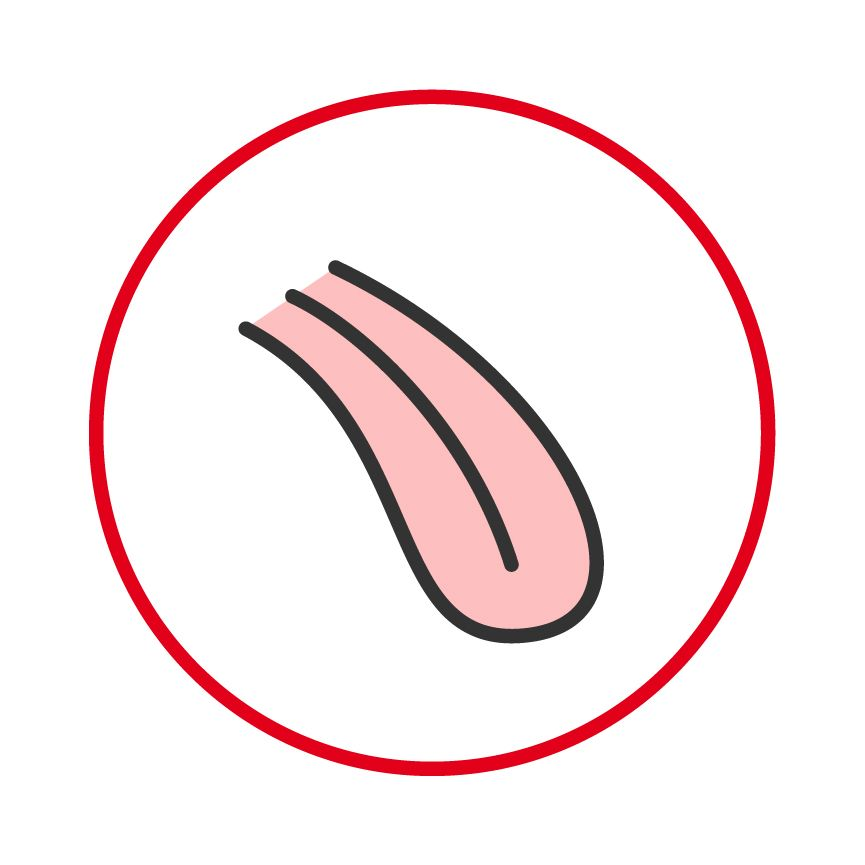
Taste

Chewing

Intestines
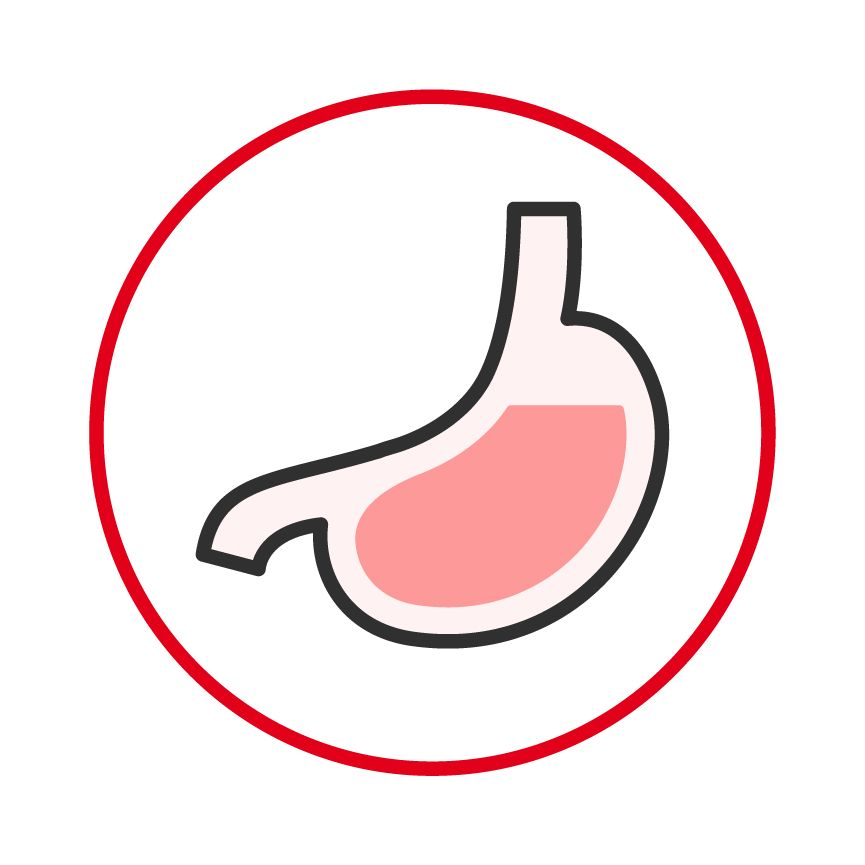
Stomach

Eating time

Diet
As well as the above, a significant difference is how long it takes for dogs to digest food. Humans may take up to five days to digest food, but for dogs it takes just 12-30 hours for food to move through their intestines.2
A closer look at a dog’s digestive system
As with other mammals, your dog’s digestive system breaks down food and absorbs nutrients. The main organ in this process is the small intestine. It has a very large surface area and cells designed to absorb nutrients effectively. The intestinal tract also holds microbiota – beneficial bacteria that help a dog’s gut to stay healthy. And immune cells that help to protect your dog by reacting to harmful bacteria or other pathogens.
Important nutrients for your dog’s digestion
For your dog to be healthy overall, they need a healthy digestive system and their diet is a key contributing factor. It’s important to feed them food that’s not only appropriate for dogs but for their size, breed, age, lifestyle and any sensitivities they have.
Your vet can advise on the best diet for your particular dog’s needs, but let’s look at the key nutrients and factors that are important for every dog’s digestive system.
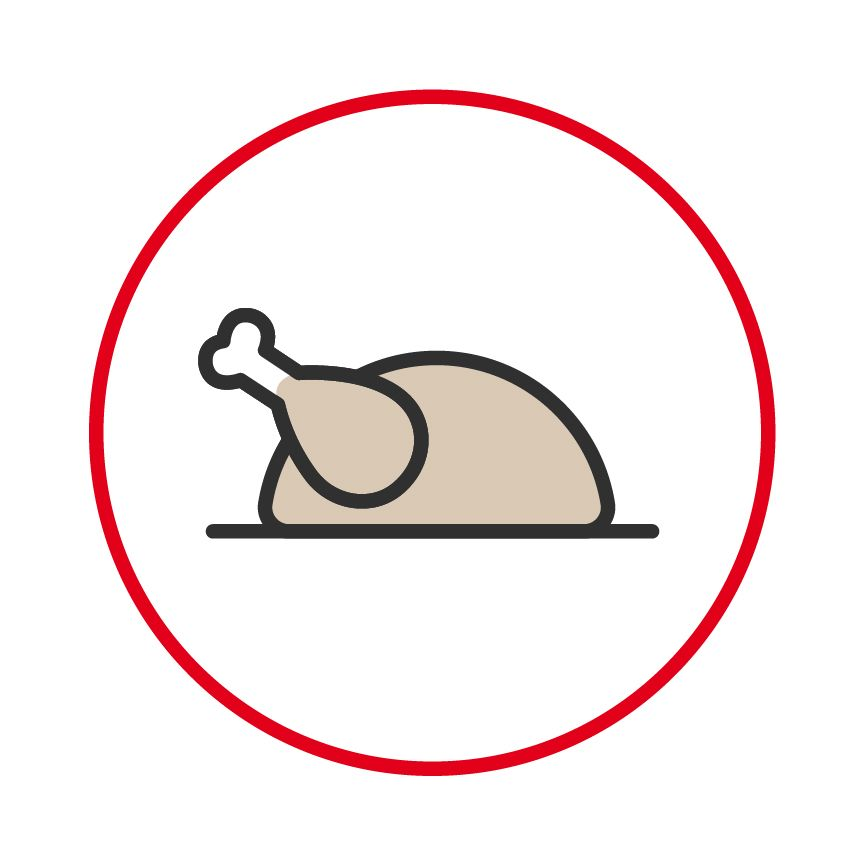
Protein
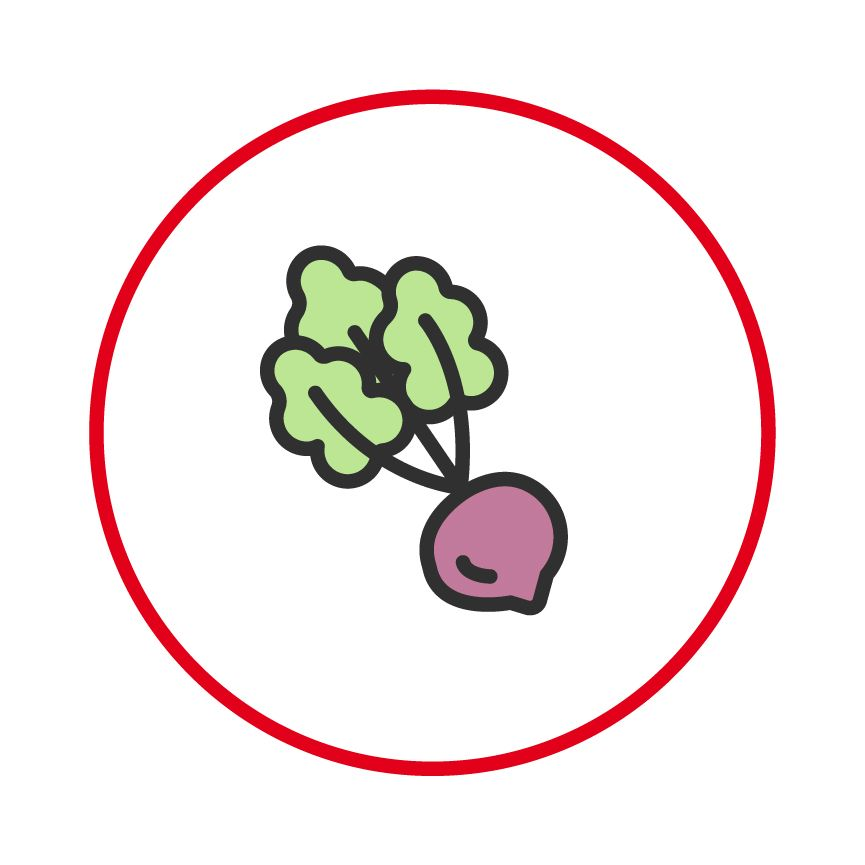
Fibre
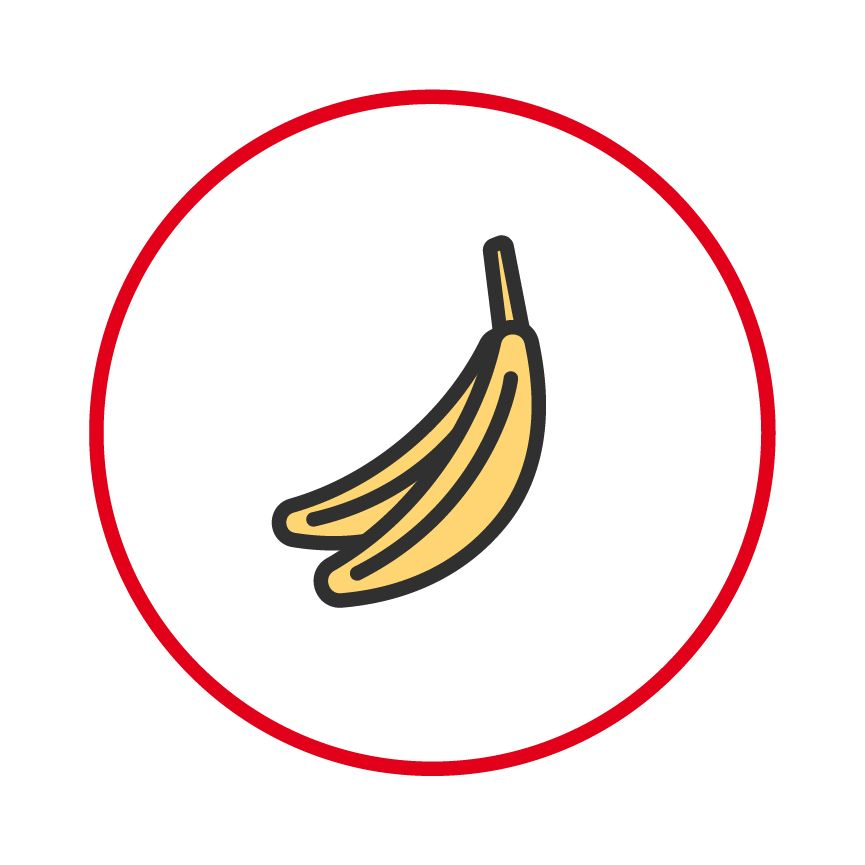
Prebiotics

Carbohydrates
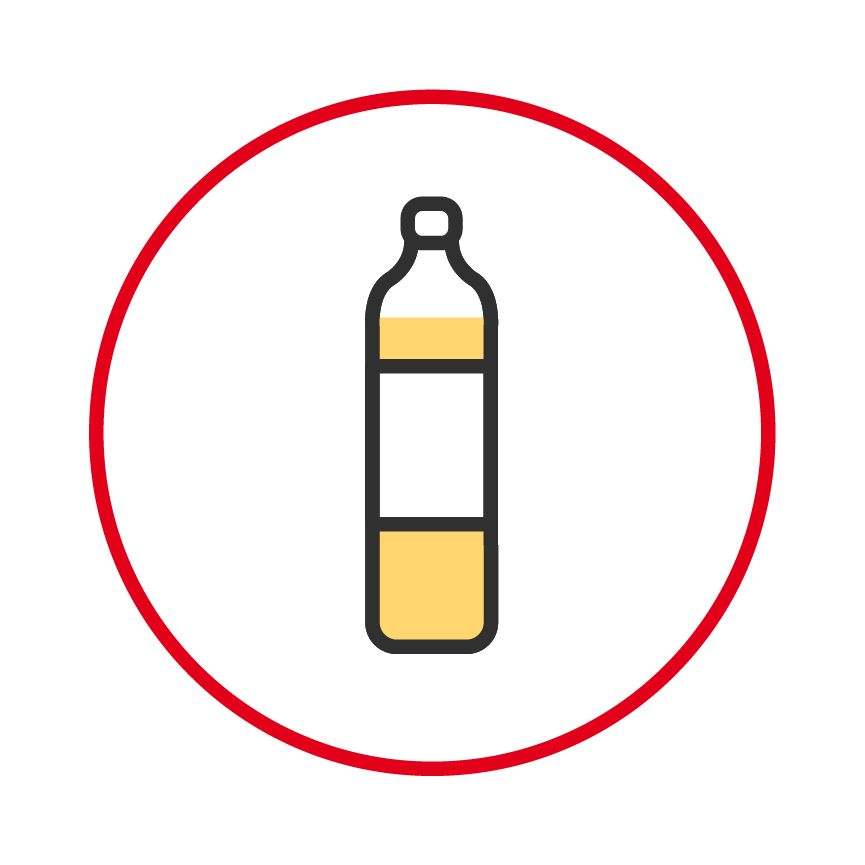
Fats
Understanding dog digestive issues
Many dogs have a robust digestive system, but there are some common digestive issues. And, sometimes, what seems to be a problem with digestion can be a sign of other health issues. It’s important to get used to what’s normal for your dog, especially in terms of bowel movements, so you can quickly identify when something may be wrong.
Signs of digestive problems in dogs
Diarrhoea
If your dog has diarrhoea, they’ll begin to move their bowels more frequently and may have looser or even liquid-like stools. It can be caused by a variety of factors, including an infection, an allergy, parasites or them eating something that disagrees with them.
Constipation
If your dog’s stools are hard or dry and they move their bowels infrequently, or strain when attempting to do so, they may be constipated. This can have a range of causes, including their diet, a change of environment, trauma and underlying health problems.
Vomiting and regurgitation
Regurgitating typically happens soon after your dog’s swallowed something and is when they bring solid, undigested food back up. Vomiting is when your dog brings up food and liquid that may be partially digested. Both can be a sign of your dog not digesting food properly or a problem with the stomach itself.
Other things to look out for
If your dog has digestive issues, they may also:
- Lose weight.
- Have a dry, dull, brittle coat.
- Have frequent flatulence.
- Appear to have abdominal discomfort.
- Show changes in their behaviour, eating habits and appetite.
Ask your vet
If you think your dog has a digestive problem, it’s really important to consult your vet. They’ll be able to examine them to check the potential causes of the issues. And then advise you on any changes needed to your dog’s diet, treatments or lifestyle to help them feel more comfortable.
Choosing the right foods for your pet's healthy digestive system
Whether you think your dog has digestive problem or not, it’s important to consult your vet for advice on the best food for them. There are many highly digestible dog foods available to support the specific needs of each pet – from older dogs with digestive issues to growing puppies with sensitive stomachs.
1, 2 Everything you need to know about the role played by Nutrients for the health of Cats & Dogs, Pr Dominique Grandjean, 2006, Royal Canin SAS
Related Articles
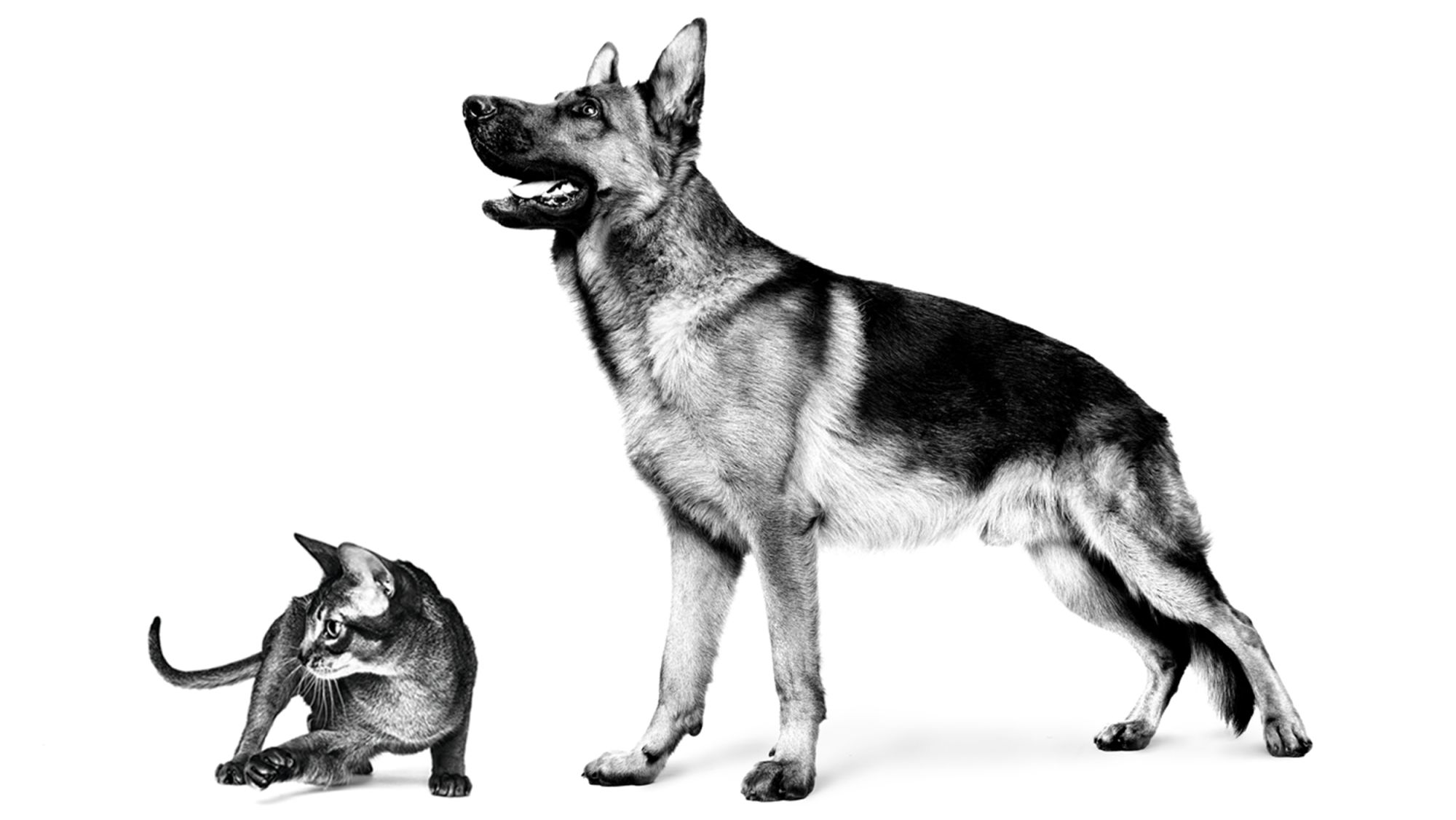
Royal Canin’s approach to nutrition
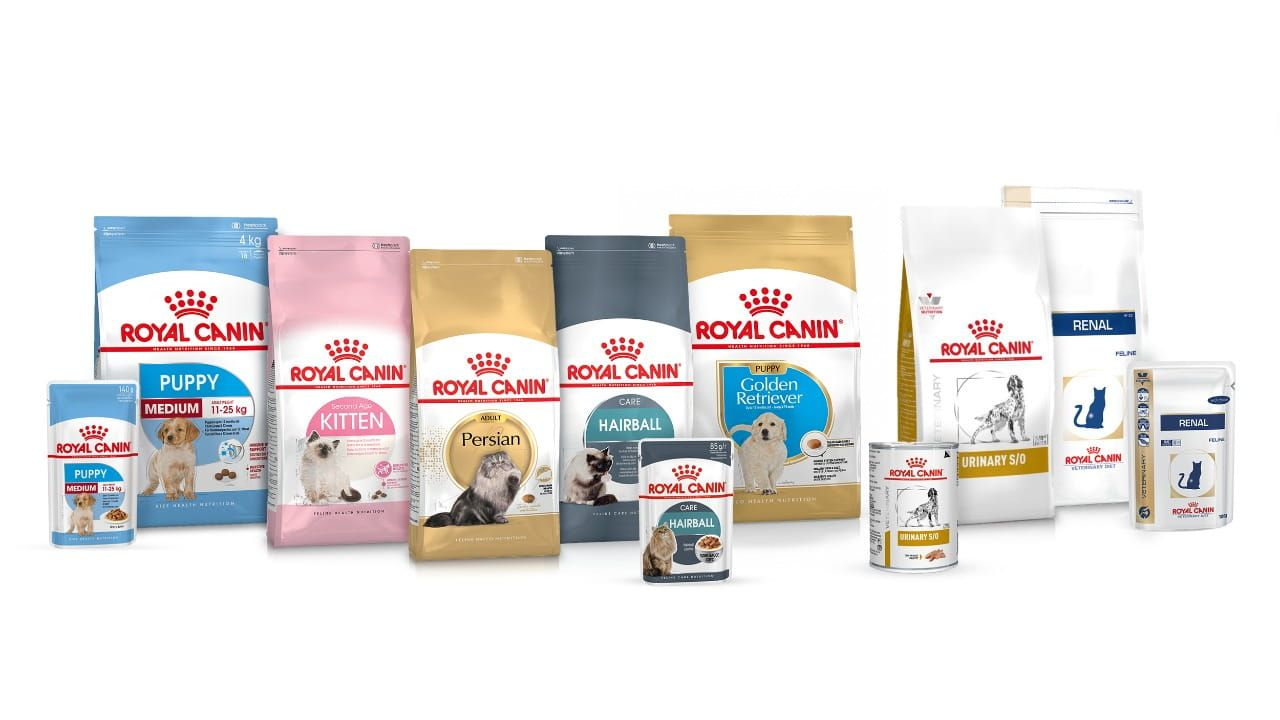
Browse our product ranges
Like & share this page with your friends & family